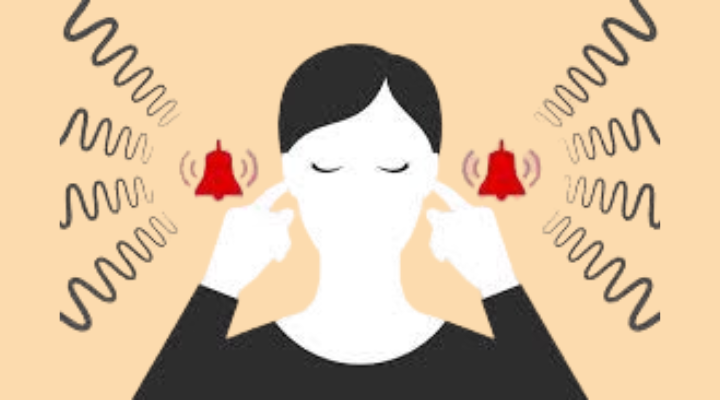Diagnosing Tinnitus
Diagnosing tinnitus involves a thorough evaluation by an audiologist or an otolaryngologist (ENT specialist). This may include:
- Hearing tests to identify hearing loss.
- Imaging tests like MRI or CT scans to rule out structural abnormalities.
- Medical history review to identify potential contributing factors like medications or lifestyle habits.
Treatment Options for Tinnitus
While there is no universal cure for tinnitus, various treatment approaches can help manage the condition and improve quality of life.
- Hearing Aids: For individuals with hearing loss, hearing aids can amplify external sounds, making tinnitus less noticeable.
- Sound Therapy: Using white noise machines, sound-masking devices, or specialized tinnitus apps can provide relief by reducing the contrast between tinnitus and silence.
- Cognitive Behavioral Therapy (CBT): CBT helps patients reframe their emotional response to tinnitus, reducing its psychological impact.
- Tinnitus Retraining Therapy (TRT): This combines sound therapy and counseling to help patients habituate to tinnitus sounds.
- Medications: While no drug specifically targets tinnitus, medications like antidepressants or anti-anxiety drugs can alleviate associated stress and anxiety.
- Lifestyle Modifications: Reducing caffeine and alcohol intake, managing stress, and maintaining a healthy lifestyle can lessen tinnitus severity.
- Treating Underlying Conditions: Addressing root causes, such as removing earwax or managing a chronic condition, can alleviate symptoms.
